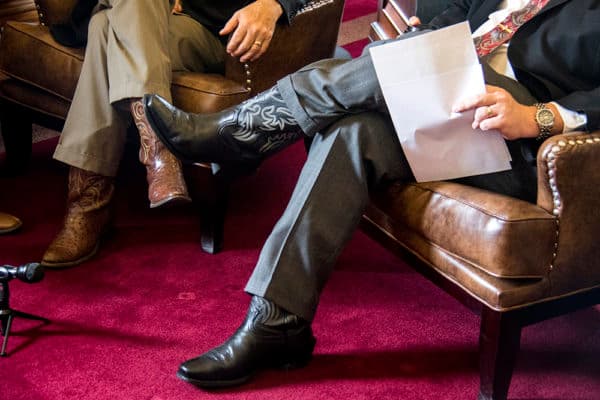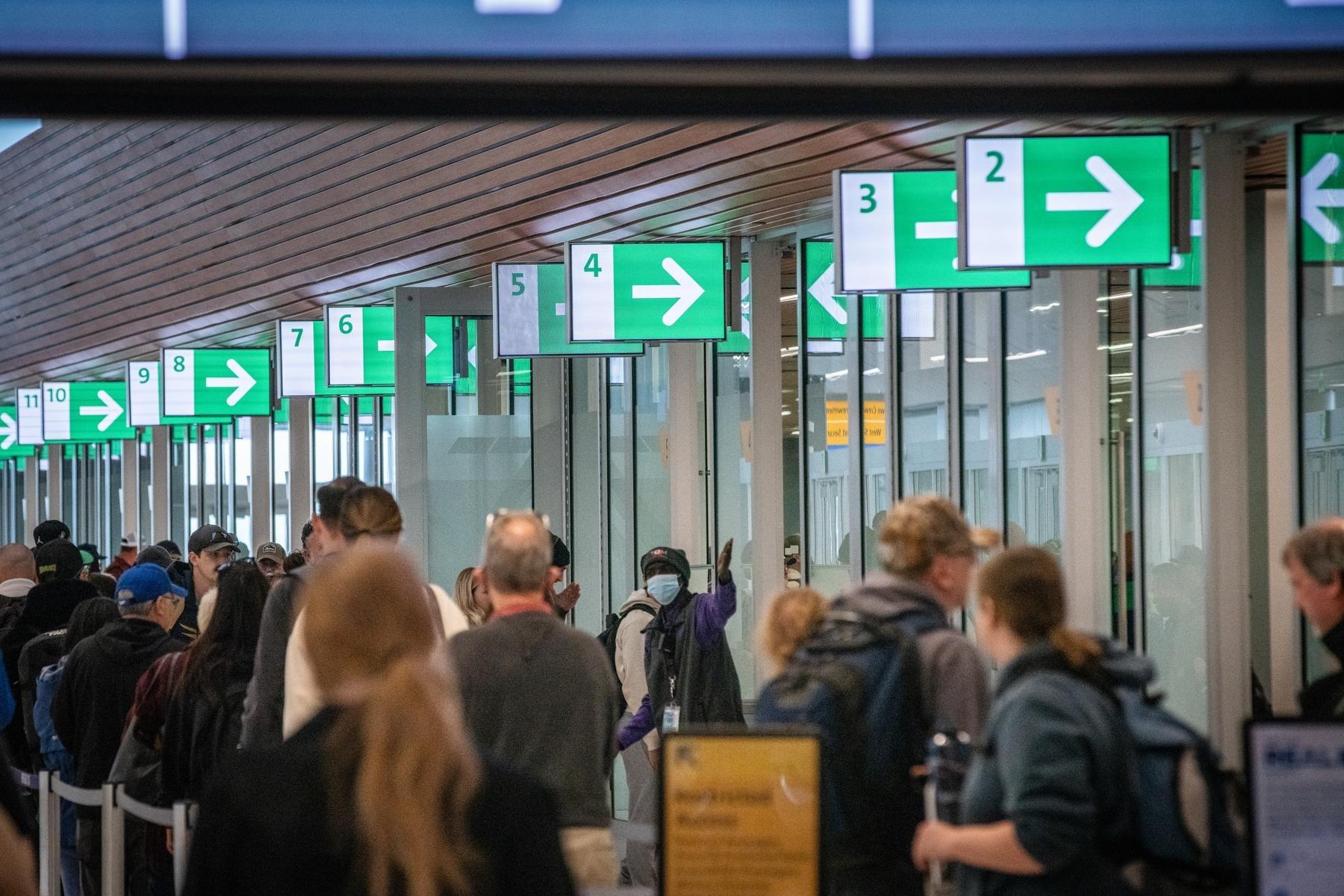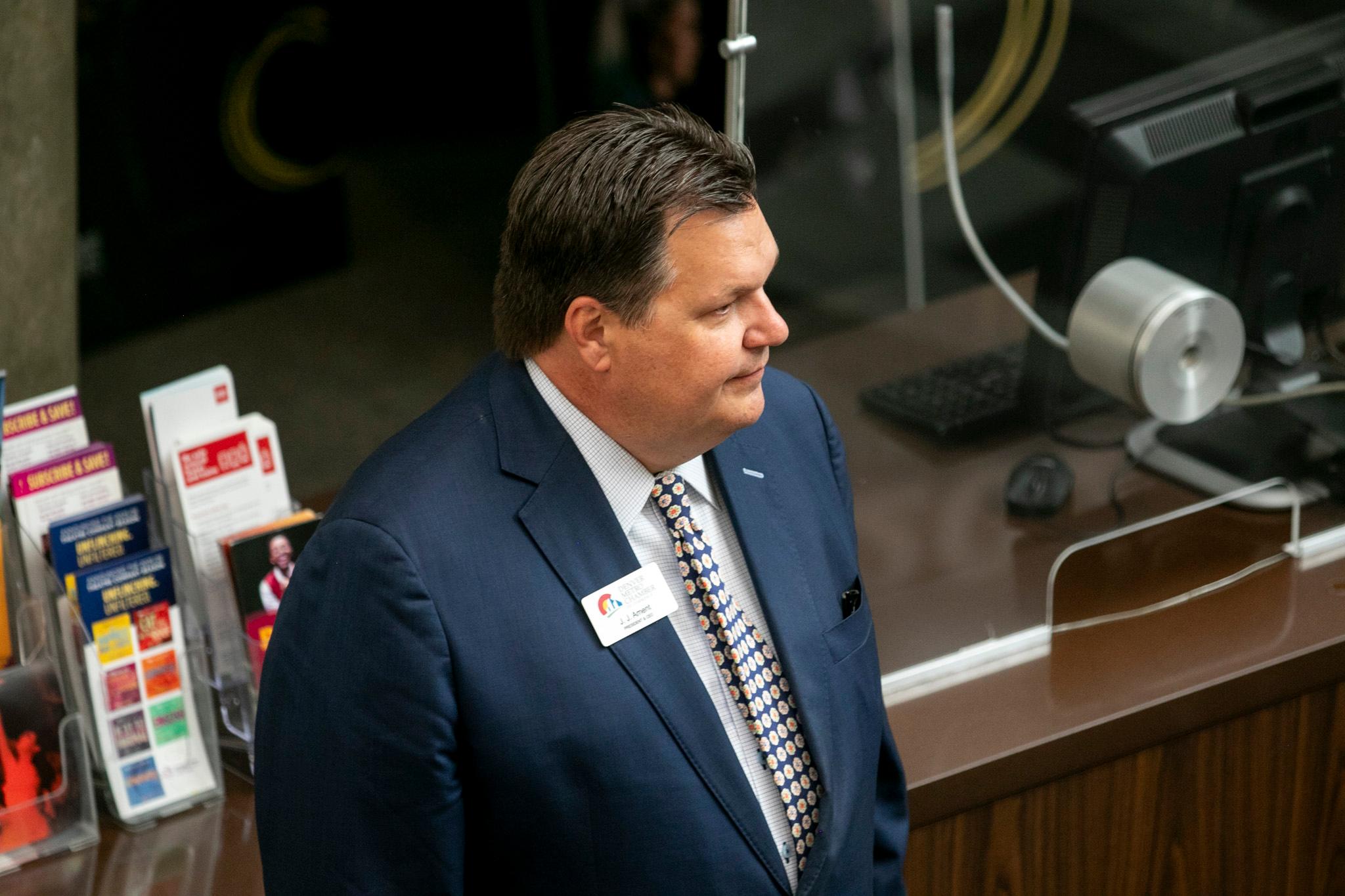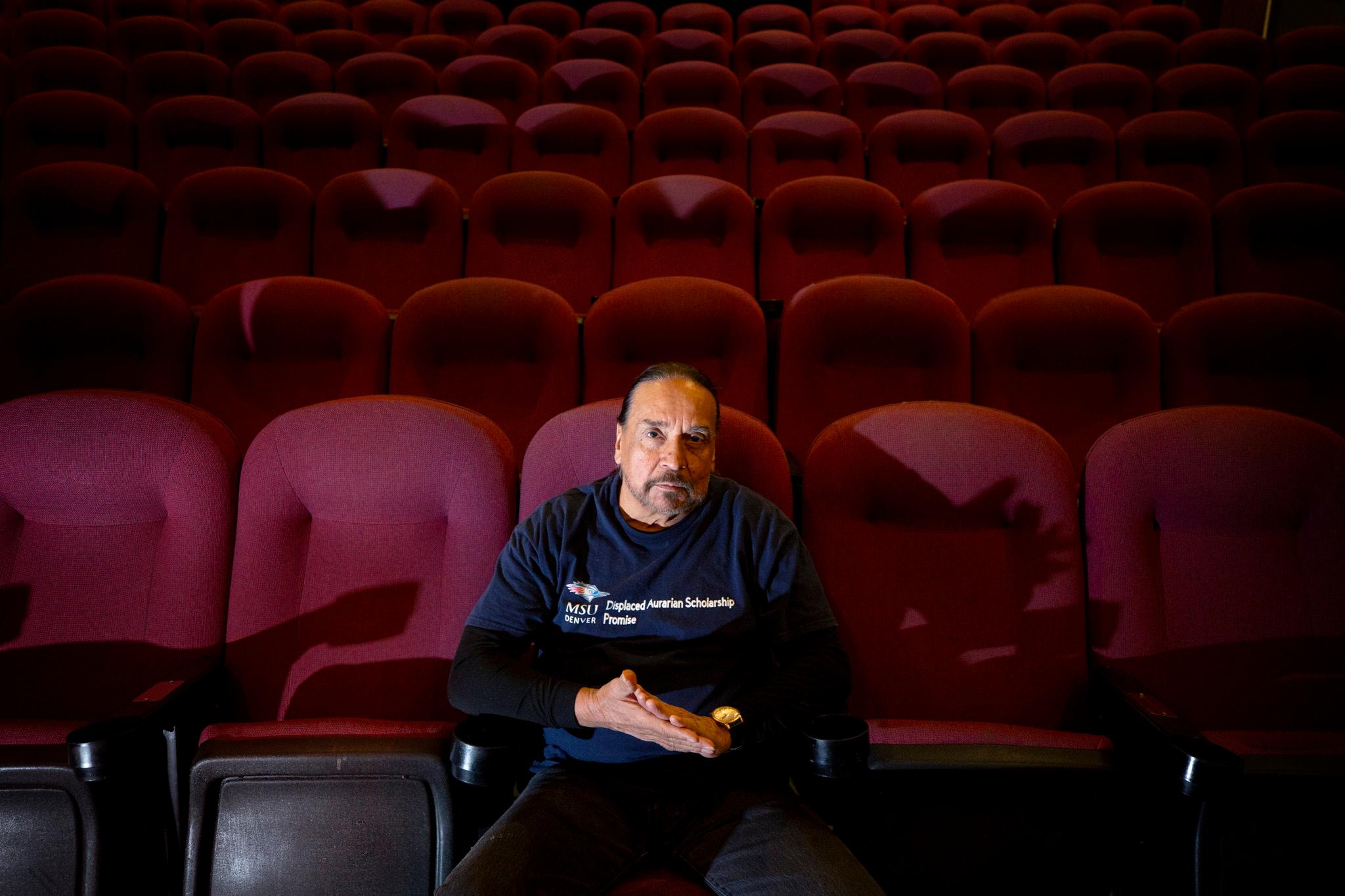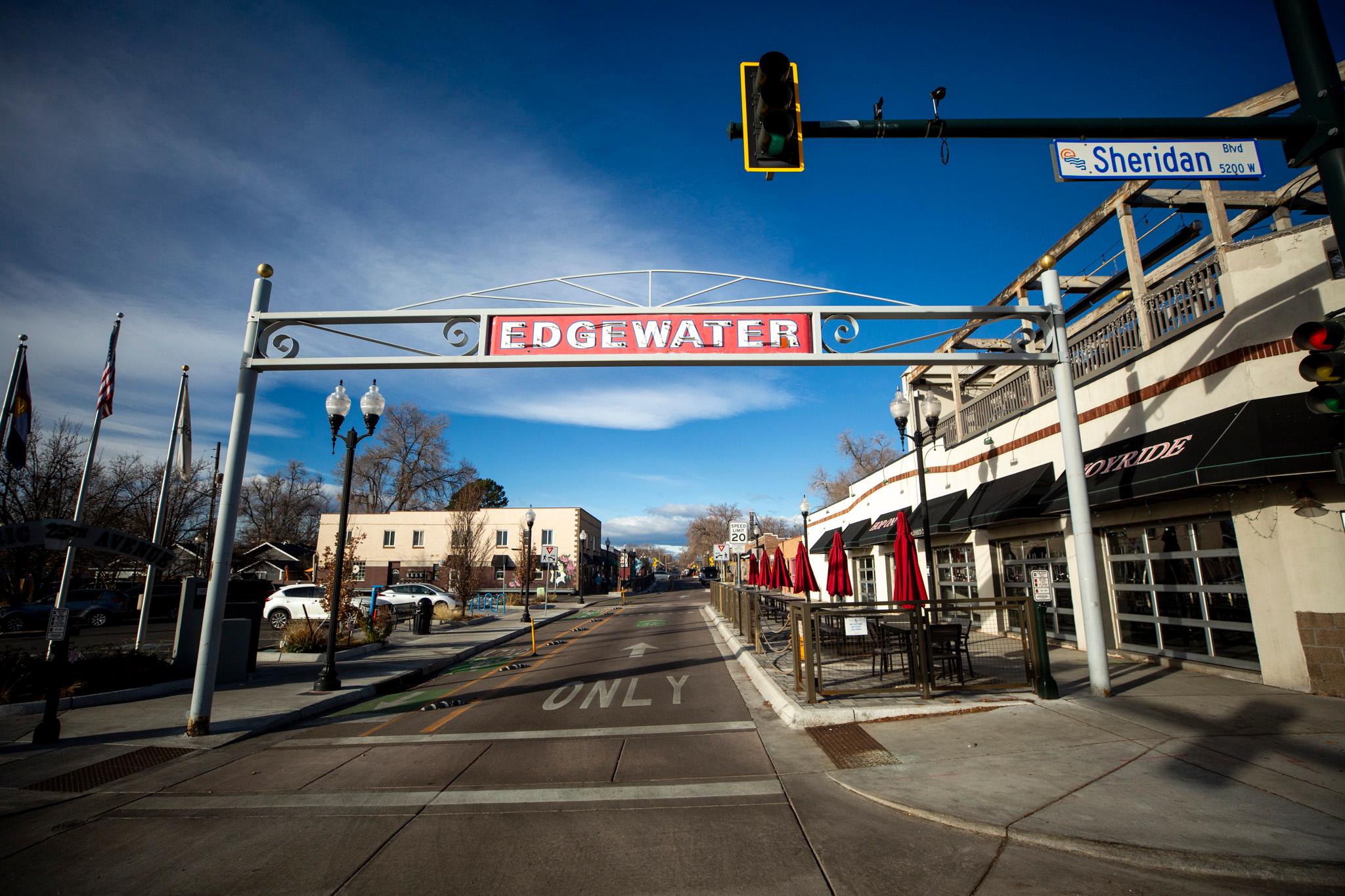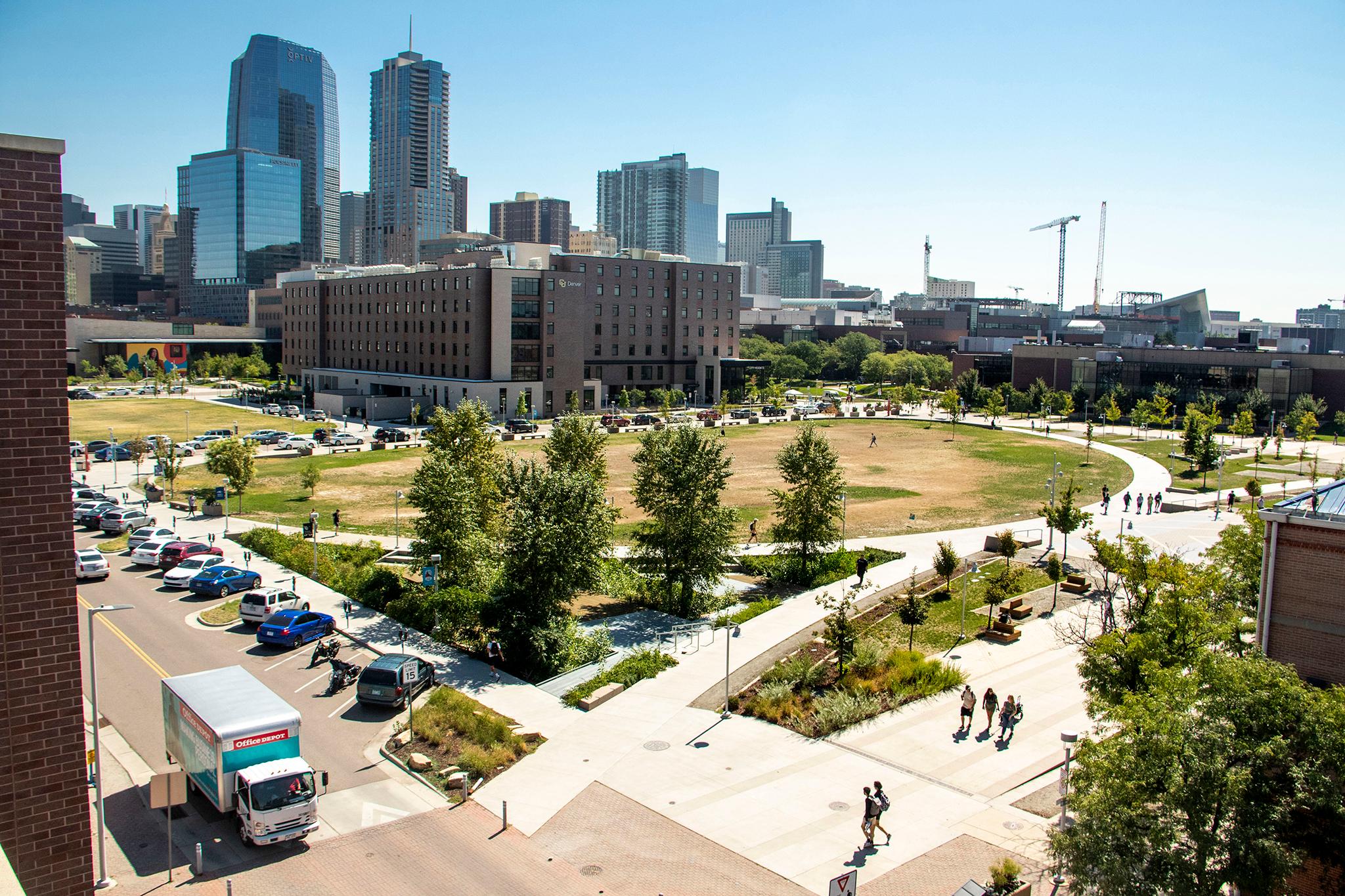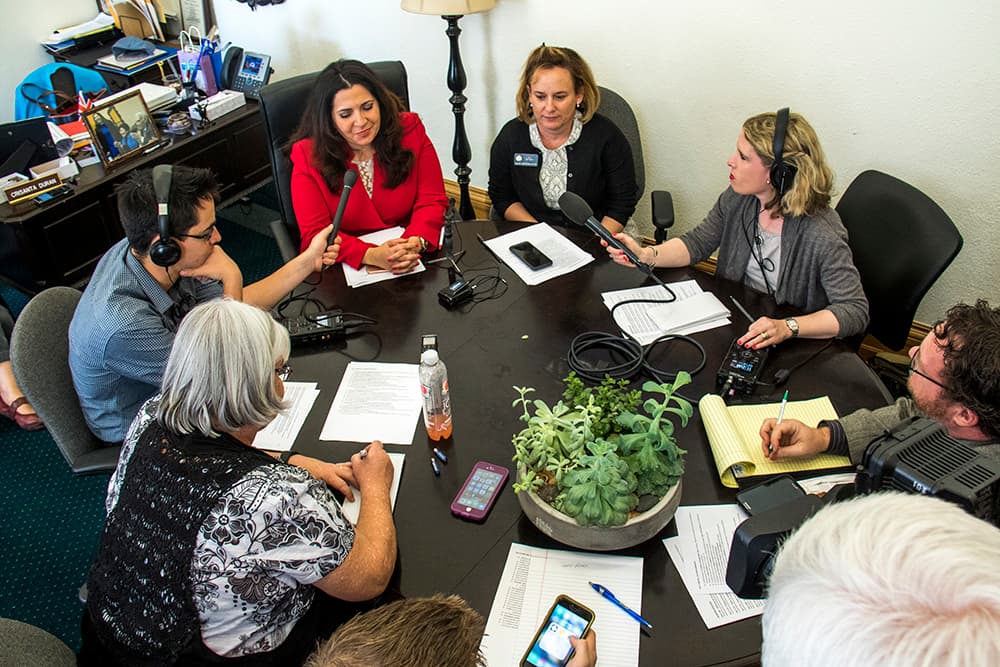
The 2017 session of the Colorado General Assembly ended without action on a top priority of Gov. John Hickenlooper and many lawmakers: a new funding source for transportation.
The big compromise legislation that restored funding to hospitals and changed up the budget includes a $1.8 billion program for transportation financed through certificates of participation on state-owned property. A quarter of that money is set to go to rural roads and 10 percent to transit.
It's not close to enough, Hickenlooper said Thursday in a press briefing after the end of the session.
"Transportation is a big issue," he said. "We're not even going to have enough money to fix I-25 North and South and I-70, let alone all the projects that have been identified across the state by municipalities."
Hickenlooper called this the "most productive legislative session since I've been governor" and chalked up the difficulties to "honest and deeply rooted philosophical differences." And he praised the hospital provider fee bill for averting cuts to rural hospitals and putting more money into transportation.
But he also hinted at a special session to have another go at transportation funding, along with several other issues.
A transportation bill supported by leadership in the Democratic House and the Republican Senate would have asked voters to approve a half-cent sales tax increase to fund a much larger $3.5 billion bond program. It was killed by three Republican senators on the Finance Committee, even though it probably would have passed if it made it to the floor.
Hickenlooper, Speaker of the House Crisanta Duran, a Denver Democrat, and Senate President Kevin Grantham, a Cañon City Republican, all used the words "disappointing" or "disappointed" to talk about the failure of that bill, but Grantham seemed more prepared to let it go.
"The bill I was carrying across the finish line didn't get there," said Grantham, who put his name on the bill despite the difficulty of selling a tax increase to his own caucus. "It wasn't good enough."
Grantham praised Sen. Jerry Sonnenberg, the lead author of the provider fee bill that includes the $1.8 billion, for securing funding now. There may be additional action the legislature needs to take, another measure to refer to voters, but Grantham said it makes more sense to him to wait and see what initiatives end up on the ballot and how voters feel in November.
There are two potential transportation funding measures that could be run as citizen initiatives, one backed by the contractors association that closely mirrors the failed sales tax increase from this session and another from the libertarian Independence Institute that requires a large set-aside of existing revenue to fund a bond program.
Grantham said the governor shouldn't call a special session unless he has some clear idea of how he'll achieve a different result.
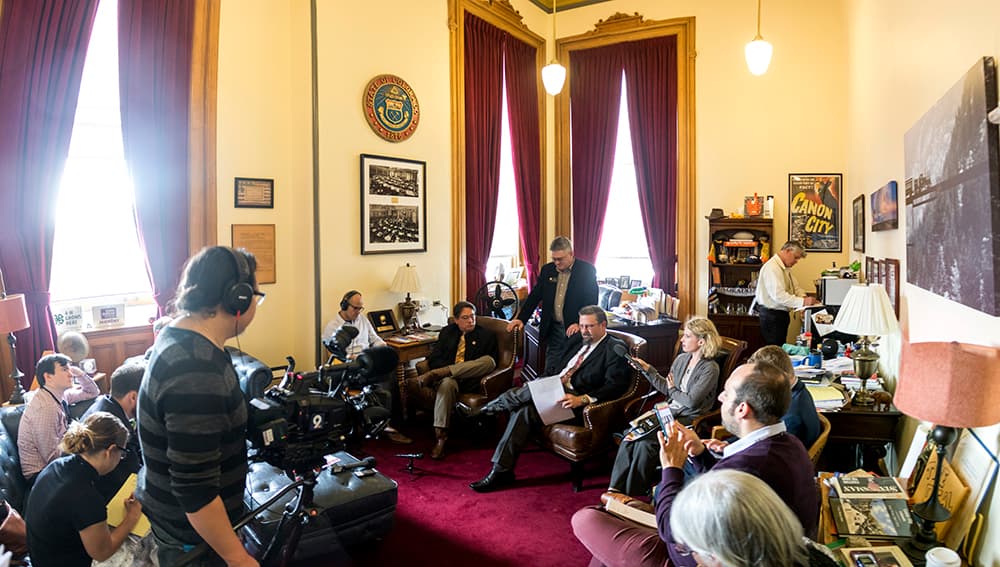
Speaker of the House Crisanta Duran said the answer to that question lies with Senate Republicans.
"From my perspective, we passed a bill out of the House with bipartisan support. If that bill would have went to the Senate floor, we would have had the support to refer a measure to the people of Colorado and let them decide if that was the right solution," she said. "So my question right now is, with the bipartisan support we've had in the House, with the support we would have had on the Senate floor, the question is really to the Senate Republicans to determine what is possible. What are they willing to do?"
Duran said the legislative process allows more give and take and would create a better policy proposal than the initiative process. Asked if she was considering a combination of gas and sales tax increases rather than just a sales tax increase, Duran said, "All options are on the table."
How will the existence of the $1.8 billion transportation program affect the willingness of voters to consider a tax increase -- sales tax or gas tax -- for roads and transit?
House Majority Leader K.C. Becker, a Boulder Democrat, said she thinks it will help because whatever goes to the voters will involve a smaller tax increase, and legislators can show they're already using existing revenue. But some voters may have a hard time believing a number that sounds as large as $1.8 billion isn't "enough" and vote no on a tax increase.
"Ultimately we owe it to the people of Colorado to figure out how we're going to invest in roads and bridges and multimodal options. Coloradans know that it's more difficult for them to get where they need to go," Duran said. "... We need to deliver a plan to address the growth that we've had in Colorado and we also need to recognize that the gas tax has not been increased since 1991. What is going to be a sustainable source of investment?"
"Let's get this done," she continued. "Let's work together and refer a measure to the ballot."
Clarification: This article has been changed to replace a paraphrase of Duran's remarks on gas versus sales taxes with the quote, "All options are on the table." A spokesman for Duran said a gas tax increase is not her preferred option.
